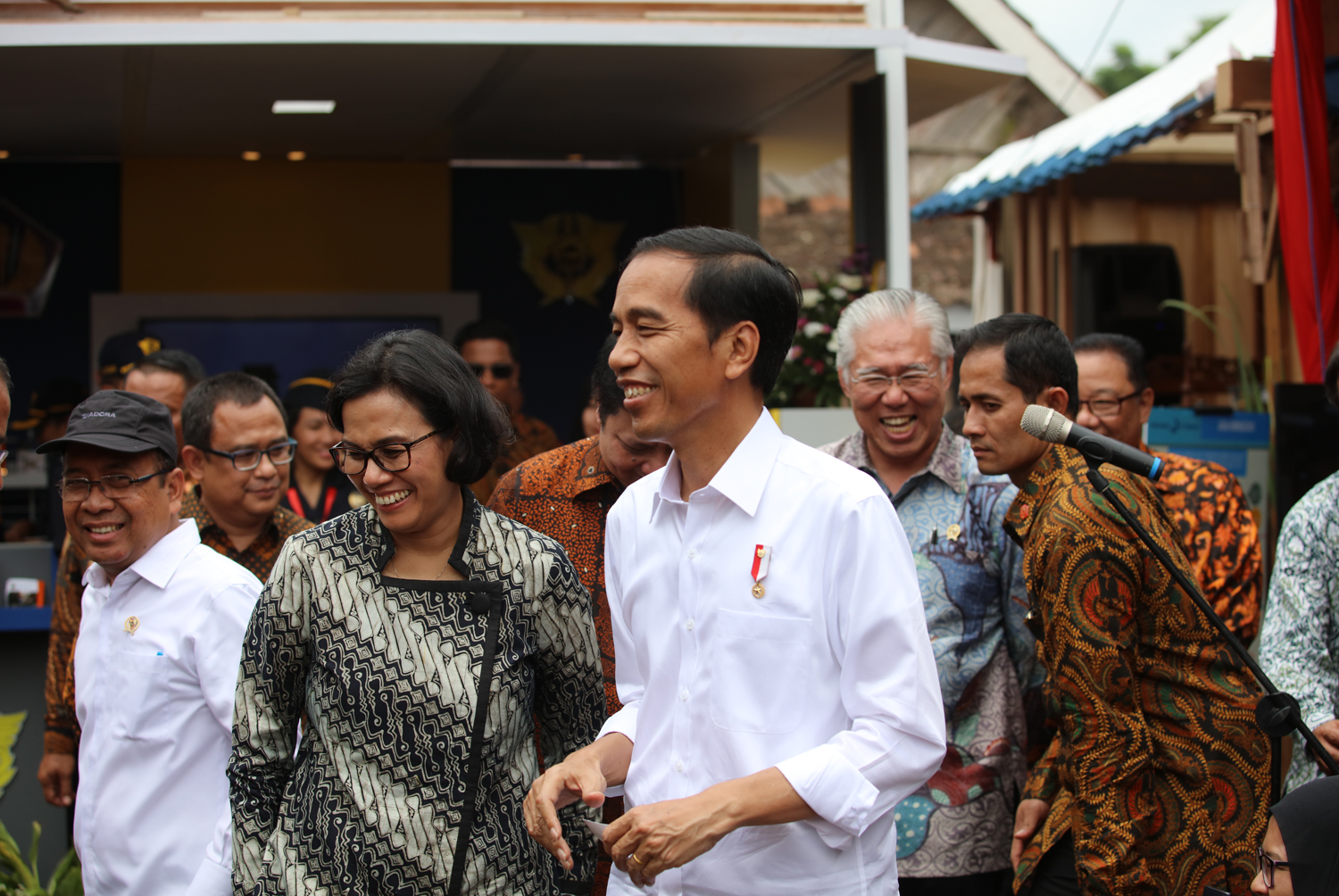
14 Nov Indonesia’s Omnibus Law passed – amidst controversy
President Joko Widodo (‘Jokowi”) has now enacted Indonesia’s Omnibus Law on Job Creation, passed last month by House of Representatives, amidst continuing controversy. It is President Jokowi’s flagship economic programme, aimed at improving the competitiveness of Indonesia to attract investment by cutting red tape and costs for businesses, reducing corporate tax, simplifying business licensing procedures and simplifying manpower law for employers. Some provisions of the old manpower laws endure, but hiring short-term contract workers becomes more flexible with fewer restrictions on expatriate labour supply.
Business leaders and foreign investors have welcomed the Act that includes new provisions of law together with the amendments to 76 existing laws and revocation of 2 laws, all aimed to help Indonesia to compete better within ASEAN for global FDI. Despite Indonesia’s demographic advantages and some market-friendly policies, global companies have been slow to develop large-scale manufacturing operations there; the country has yet to feature prominently in global or even regional supply chains. Indonesia wants, and deserves, a larger slice of that FDI pie.
If only things were so simple for Jokowi. The Omnibus Law faces a wall of resistance from vested interests: labour unions, environmental activists, legal scholars and religious organisations. Perhaps the Law’s greatest vulnerability lies in the very determined way the President pushed it through this year, by-passing usual, drawn-out parliamentary and other processes. This has prompted credible challenges against it through the country’s highest Constitutional Court. Meanwhile the authorities say that implementation details for the new Law will emerge gradually into 2021 and we all know often the devil lies in the detail…
Omnibus Law drama reflects two sides of modern Indonesia: a vibrant economy with a huge domestic market, able and eager to grow and compete globally; yet needing to respect the idiosyncrasies of its 270 million citizens, their diversity and complex democratic politics. The new Law is commercially sensible and deserves the country’s support, ultimately for its citizens’ benefit. Let’s hope Indonesia’s Constitutional Court sees it the same way.
